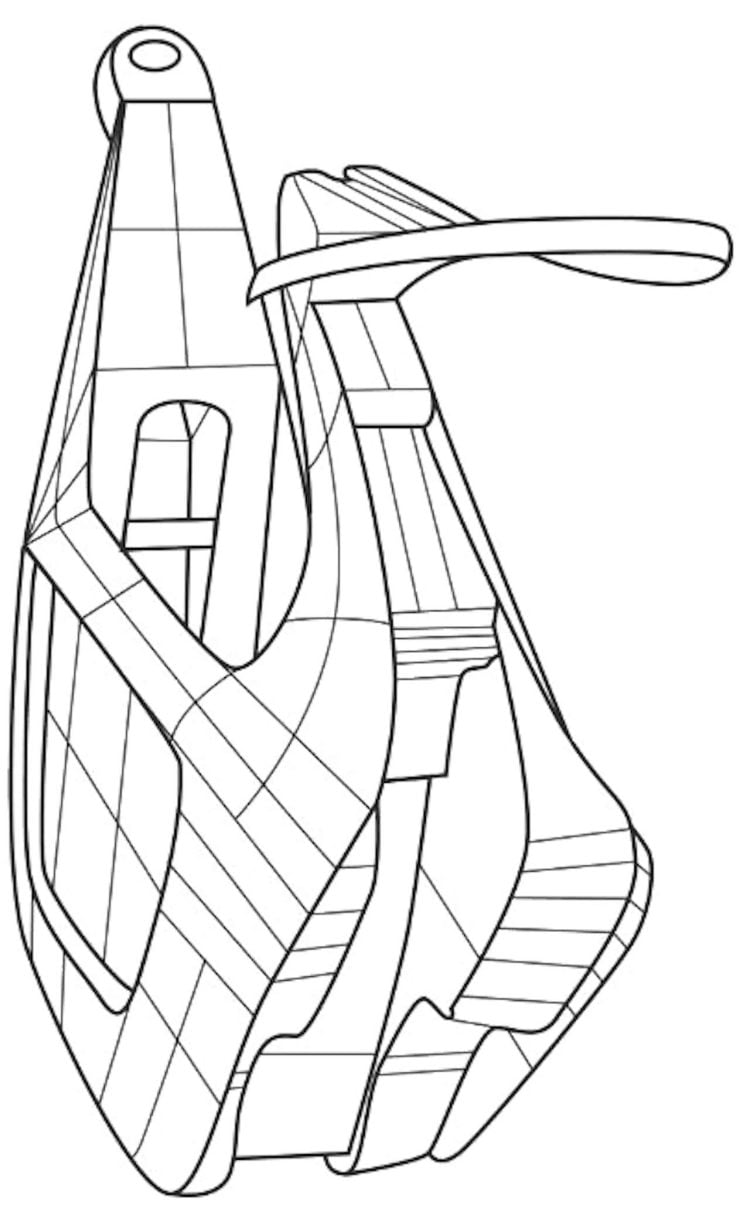Alstom has entered a partnership with the Swedish design and technology company so the companies can investigate how building trains can be made more environmentally sustainable by using STILFOLD's manufacturing technology that is inspired by origami.
STILFOLD's manufacturing technology has been dubbed “industrial origami”, and uses robotic arms to fold flat sheet metal over curves to form strong and sustainable new structures that use a minimum of component parts. The technology eliminates any need for cutting, welding, or joining, which increases structural strength but at the same time reduces the amount of waste material, energy consumption, and production time.

Within the new partnership, STILFOLD will work with Alstom to investigate how a train's structures and components are produced to see whether its innovative steel bending technology can significantly reduce the climate impact of the process.
Over the coming months, both companies will jointly review Alstom's existing manufacturing solutions analyse and identify those areas where the greatest impact can be achieved by implementing the STILFOLD technology. By using STILFOLD, it is expected that Alstom will use fewer raw materials, reduce the weight of different components, and improve the strength and durability of their trains' structures.
A STILFOLD subsidiary, STILRIDE, is revolutionising the mobility sector by creating a sustainable lightweight electric motorcycle made almost entirely from recycled steel. The team is also working with Volvo subsidiary Polestar to build the world's first climate-neutral car, and with the Swedish environmental company Kookiejar to produce sustainable “vertiports” for urban drone deliveries.
Alstom is looking at innovation as one of the ways it can reduce its environmental impact. The company looks upon innovation as creating value and demonstrating its industry-leading position. As part of its long-term strategy, it is encouraging open innovation by collaborating with universities, research centres, startups, and other stakeholders to strengthen its innovation capabilities.
It hopes to take advantage of Sweden and Scandinavia's vibrant innovation ecosystem, and earlier this year it set up Innovation Station Sweden, which is the third of its kind globally. Alstom is also setting up an e-mobility Open Test and Technology Centre at its global traction and brakes component development site in Västerås.
Jonas Nyvang, CEO and co-founder of STILFOLD, said: “At STILFOLD, our aim is to power sustainable manufacturing practices across every industry. Mobility is a key focus for us, which is why we're so excited to be moving into the rail sector through this collaboration with Alstom.
“Rail travel has always been one of the most environmentally friendly modes of transport, but it could be made even greener by optimising train construction for sustainability. We can't wait to explore what this could look like in practice with the Alstom team.”
Ganesh Chandramouli, Head of Innovation, Strategy and Portfolio at Alstom Sweden, said: “STILFOLD is a very interesting and promising technology where we see many potential applications going forward.
“If we can find solutions that are both more environmentally friendly and cost-effective, it is natural for us to take a closer look at how we can best utilise it, and STILFOLD seems to deliver on many key points.”